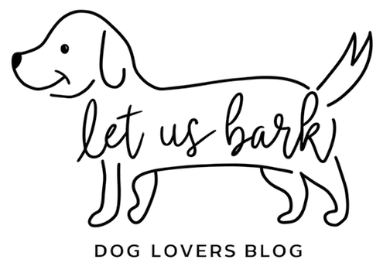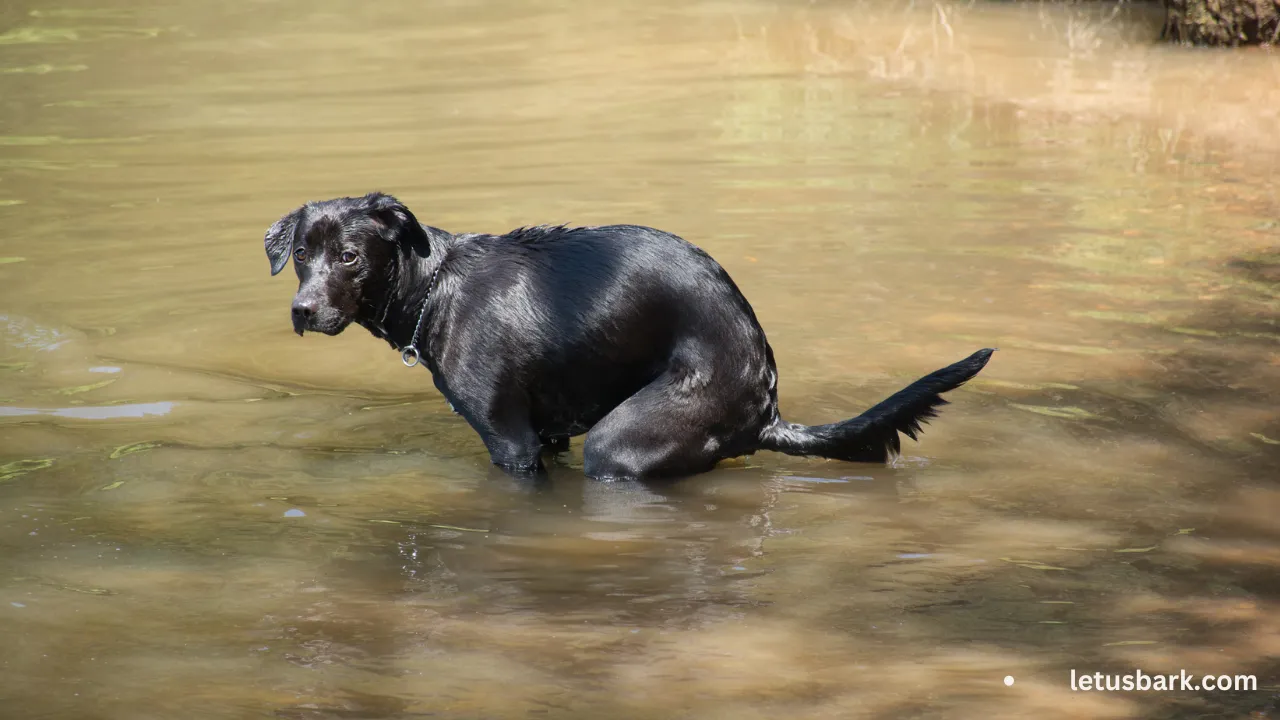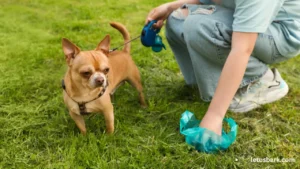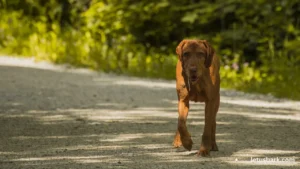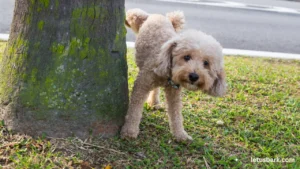One common concern among dog owners is whether their pet’s poop may be attracting unwanted rodents to their yard. Not only is this unsightly and unpleasant, but it also poses potential health risks. Understanding the relationship between dog poop and rodents is crucial in maintaining a clean and safe environment for your family and pets.
Contents
Understanding the Concern
Many rodents, such as rats and mice, are attracted to dog feces as it serves as a potential food source for them. The organic matter in dog waste provides a nutrient-rich environment for pests to thrive in.
When left unattended, dog poop can become an invitation for rodents to infest your yard, leading to a potential rodent problem. It is essential to address this issue promptly to prevent further infestation.
Exploring the Relationship Between Dog Poop and Rodents
Contrary to the urban myth that rats love dog poop, rodents are not specifically attracted to a dog’s waste itself, but rather the food sources found within it. The bacteria present in dog feces, along with the leftover food particles, create an appealing environment for rodents to nest and breed. Proper disposal of dog waste and maintaining cleanliness around your home can help deter unwanted rodents from setting up camp in your yard.
Dissecting the Urban Myth
While it’s important to pick up your dog’s poop as soon as possible to prevent unwanted rodents from being attracted to it, the notion that rats have been known to chase after a pet’s fur due to a bit of dog feces is largely unfounded.
This urban myth perpetuates the belief that dog waste is the sole reason for rodent infestations, when in reality, there are various factors that can contribute to attracting pests. Proper waste disposal and maintaining a clean environment are essential in keeping your yard free from unwanted pests.
Health Implications
When it comes to the potential risks associated with rodents, the presence of these pests in your yard can pose significant health hazards. Rodents like rats and mice are not only attracted to dog feces for food but can also carry diseases that can be transmitted to humans. This makes it crucial to address any rodent infestation promptly for the safety of your family and household pets.
Potential Risks Associated with Rodents
Rodents can transmit diseases through their droppings, urine, and saliva, posing a serious health risk to humans. Diseases such as leptospirosis, hantavirus, and salmonellosis can be contracted from exposure to rodent-infested areas. Additionally, rodents may chew on electrical wires and household items, causing damage and increasing the risk of fires. Implementing pest control measures is essential to mitigate these health risks.
Impact of Rodents on Household Pets
Household pets can also be affected by the presence of rodents in the yard. Rodents may carry parasites and diseases that can be transmitted to pets through bites or contact with contaminated areas. Furthermore, the stress of having rodents around can impact the well-being of pets, causing anxiety and behavioral changes. It is important for pet owners to ensure a rodent-free environment to safeguard the health and safety of their beloved companions.
Health Hazards of Dog Feces
Dog feces can harbor harmful bacteria and parasites that can pose health risks to both humans and animals. When dog waste is not properly disposed of, it can contaminate the soil and water sources, leading to the spread of diseases. Ingestion or contact with dog feces can result in infections and illnesses, making it essential to promptly clean up after pets and dispose of waste in sealed bins. Maintaining cleanliness in your yard is key to preventing the health hazards associated with dog feces.
Behavioral Patterns
Understanding the behavioral patterns of rodents can shed light on why they are attracted to specific stimuli in their environment. In the case of dog poop, rats and mice are often drawn to the organic matter present in dog feces, which serves as a food source for these pests. The nutrient-rich content of dog waste creates an appealing environment for rodents to nest and breed, leading to a potential infestation in your yard if left unaddressed.
Why Rodents are Attracted to Dog Poop
Rodents, such as rats and mice, are attracted to dog poop due to the organic material and food sources it contains. The bacteria and leftover food particles in dog feces provide an ideal environment for pests to forage and establish nests. This attraction can lead to rodents frequenting your yard in search of sustenance, increasing the risk of infestation.
Rats and Their Affinity for Dog Feces
In the case of rats, their affinity for dog feces is primarily rooted in the nutrients and potential food sources present in the waste. Contrary to popular belief, rats are not specifically drawn to dog waste itself but rather to the resources found within it. Proper disposal of dog feces and maintaining a clean environment can help deter rats from being attracted to your yard.
Understanding Rodent Dropping Signs
Signs of rodent droppings in and around your yard can indicate a potential infestation. Rodent droppings are typically small, pellet-like feces that rodents leave behind as they forage for food. Recognizing these signs early on can help you take proactive measures to address the issue and prevent further rodent activity in your outdoor space.
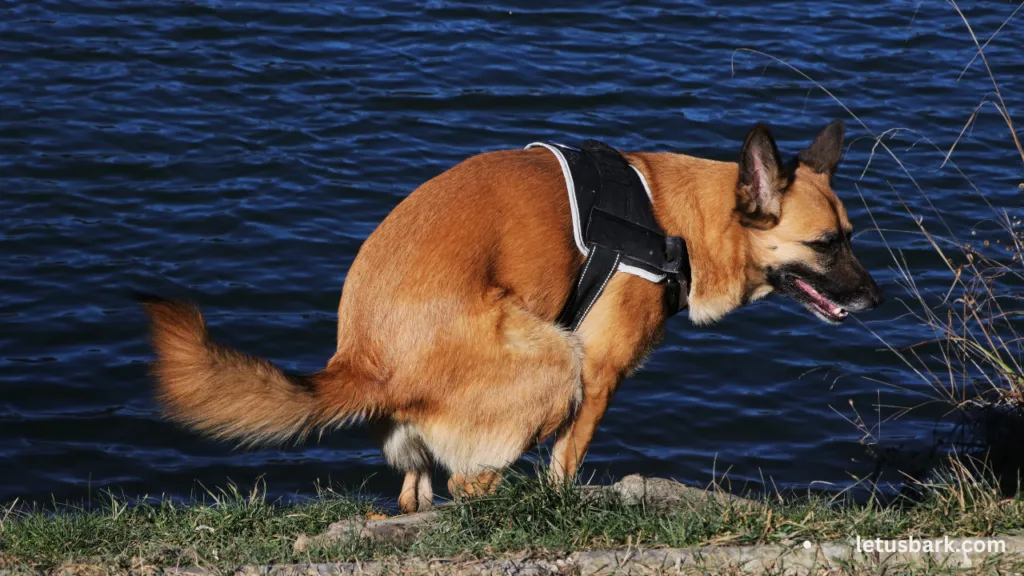
Solutions and Prevention
Preventive Measures for Rodent Problems
Implementing preventive measures is crucial in addressing rodent problems in your yard. To deter rodents, ensure proper disposal of dog feces and maintain cleanliness around your home. Regularly clean up your yard, seal garbage bins, and remove any potential food sources that may attract pests. By eliminating attractants and blocking entry points, you can prevent rodents from infesting your outdoor space.
Removal Strategies for Dog Poop Attracting Rodents
To address the issue of rodents being attracted to dog poop, adopt efficient removal strategies. Promptly clean up after your pet to prevent the buildup of waste. Use sealed bins for disposing of dog feces to minimize the chances of attracting rodents. Consider installing rodent-proof fences or barriers to protect your yard from unwanted pests. These proactive removal tactics can help in mitigating rodent infestations.
Benefits of Hiring a Professional Removal Company
Engaging a professional removal company can offer various benefits in managing rodent issues. These experts have the knowledge and tools to effectively remove pests from your yard. Professional exterminators can conduct thorough inspections, implement tailored removal plans, and provide ongoing maintenance to ensure a rodent-free environment. By enlisting the services of a removal company, you can save time, effort, and achieve long-term solutions for combating rodent infestations.
FAQs
What types of pests are commonly attracted to food sources like garbage?
Rodents like rats and mice are commonly attracted to food sources such as garbage due to the availability of droppings and waste that serve as a food source for them.
How can dog poop attract rodents to your property?
Dog poop can attract rodents like rats and mice as it provides a potential food source for rats and creates an environment that is favorable for infestation.
Are rodents really attracted to dog feces?
Yes, rodents are attracted to dog feces as they find it to be a food source and are drawn to the odor and nutrients present in the waste.
What urban myths are associated with rodent infestations?
One urban myth is that rats love to live near bodies of water like a lake, but in reality, rodents are more commonly attracted to areas with accessible garbage and food sources.
